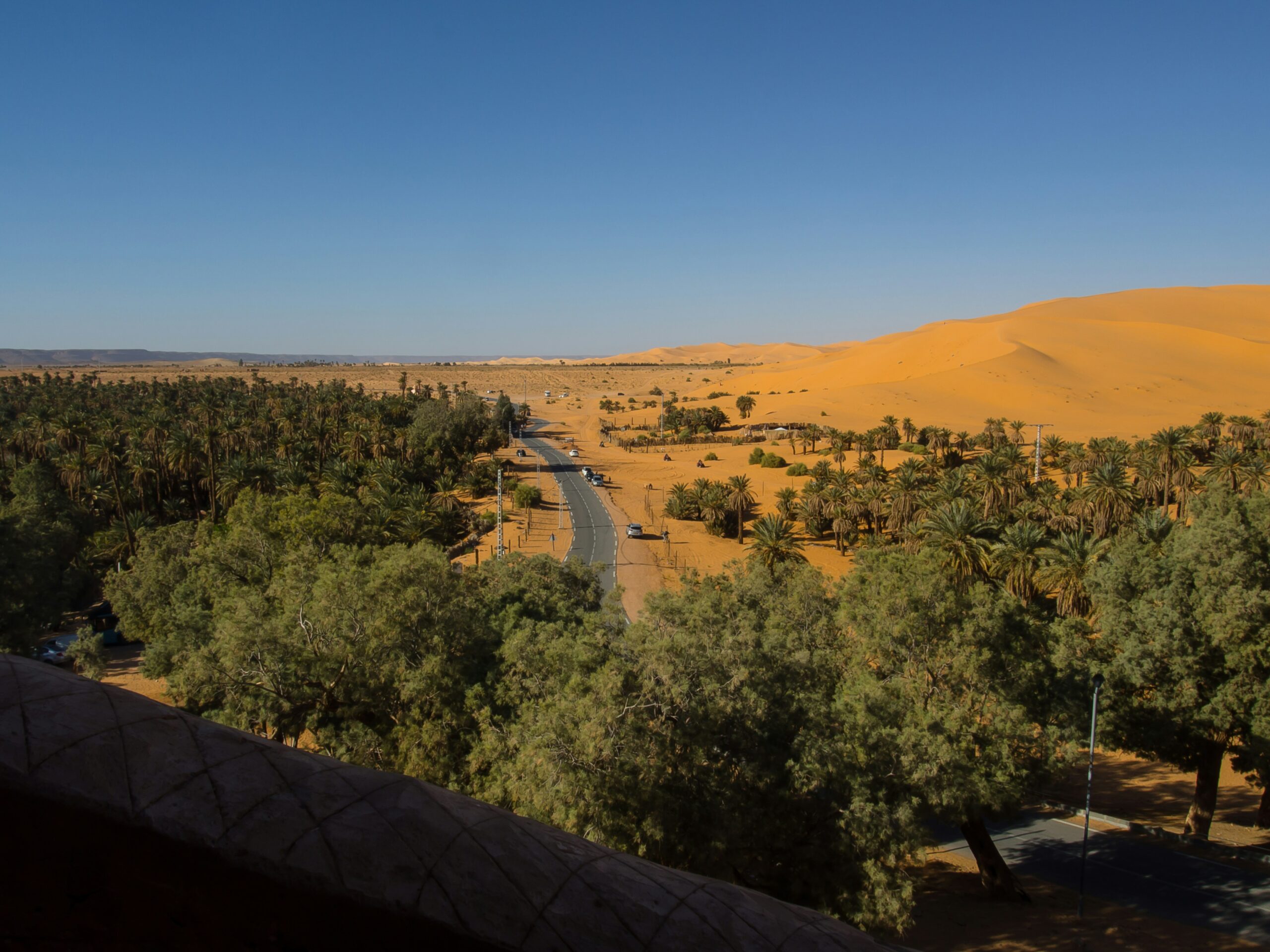Early Beginnings
Saudi Arabia’s history dates back to ancient civilizations that inhabited the Arabian Peninsula. The region was initially home to nomadic tribes who traversed the vast deserts, establishing trade routes that connected Asia, Africa, and Europe. The discovery of ancient artifacts and rock carvings provides evidence of these early societies and their way of life.
The Rise of Islam
In the 7th century, the Arabian Peninsula witnessed a significant transformation with the rise of Islam. The Prophet Muhammad peace be upon him(SAW), born in Mecca, started preaching the message of monotheism, leading to the foundation of the Islamic faith. Mecca and Medina became the spiritual centers of Islam, attracting pilgrims from all over the world. The spread of Islam united the region under a common religious and cultural identity.
The Formation of the Saudi State
The modern state of Saudi Arabia was founded in 1932 by Abdulaziz Ibn Saud. Through a series of military campaigns and strategic alliances, Ibn Saud consolidated the various tribal regions into a single nation. The discovery of oil in the 1930s marked a turning point in Saudi Arabia’s history, transforming it into a global economic powerhouse. The vast oil reserves fueled rapid modernization and development, elevating the country’s international standing.
Contemporary Era
Today, Saudi Arabia continues to play a pivotal role on the global stage. The nation is known for its significant economic influence, cultural heritage, and religious significance as the custodian of Islam’s two holiest sites, Mecca and Medina. The Vision 2030 initiative, launched by Crown Prince Mohammed bin Salman, aims to diversify the economy, reduce dependence on oil, and modernize various sectors, ensuring a prosperous future for Saudi Arabia.

